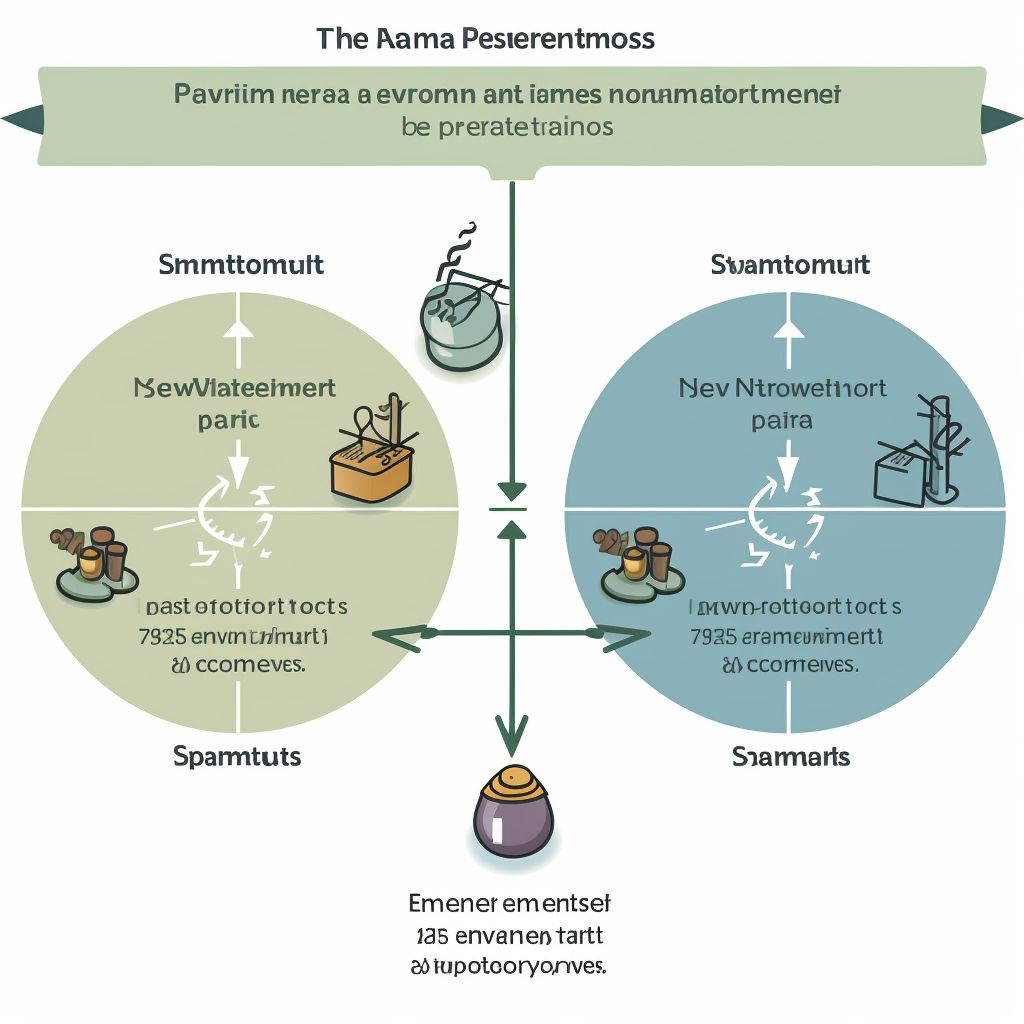South Africa is making strides towards providing a more secure future for retirees with the introduction of the “two-pot” retirement system. The National Treasury and the South African Revenue Service (SARS) have released draft bills proposing legislative amendments to implement the first phase of the system. The bills aim to streamline the retirement process and protect the liquidity of funds, ensuring that retirees have adequate savings to support them during their golden years.
The “Two-Pot” Retirement System
The “two-pot” retirement system is made up of two components: the “savings component” and the “retirement component.” The first phase of implementation proposes key tax proposals to support the system, including:
- A proposed implementation date of 1st March 2024 for the “two-pot” retirement system.
- Seed capital provisions that allow members of the retirement fund to access a portion of their available balance in the retirement fund upon implementation of the “two-pot” retirement system. The seed capital is proposed to be calculated as ten percent of the accumulated benefit in the “vested component” as of 29th February 2024, limited to R25,000, whichever amount is lesser.
- Legislative amendments that aim to include defined benefit funds in an equitable manner.
- The exclusion of legacy retirement annuity funds from the provisions of the “two-pot” retirement system.
Second Phase of Implementation
The second phase of implementing the “two-pot” retirement system will consider legislative amendments concerning withdrawals from the retirement component if a member of the retirement fund is retrenched and has no alternative source of income. Further complementary measures may also be considered in the second phase to protect the funds’ liquidity at all stages.
Public Comment and Implementation
Public comments on the draft bills and their explanatory memoranda are welcomed until 15th July 2023. Following receipt of written comments, National Treasury and SARS will engage relevant stakeholders through public workshops to discuss the comments. The bills will then be revised considering public comments and recommendations, before they are formally introduced in Parliament for consideration.












